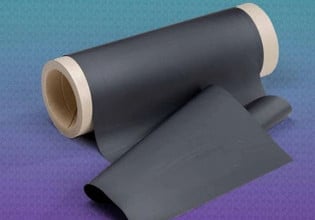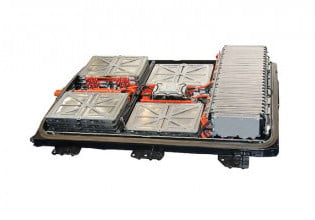European Parliament Opens Option for Common Charger for Mobile Phones
The European Commission (EC) has issued a statement welcoming the green light of the European Parliament (EP) to open up the possibility for the introduction of a common charger for mobile phones and other portable devices in the update of the rules on radio equipment. Yesterday's vote is based on a proposal by the EC (IP/12/1109). Radio equipment includes products such as mobile phones, GPS/Galileo receivers and wireless car door openers. The vote in the EP will make it possible that the growing numbers of users and radio equipment co-exist without interference. Manufacturers, importers and distributors will have to respect a set of clear obligations so as to ensure the compliance of radio equipment placed in the EU market. Moreover, the alignment of radio equipment rules with other legislation applicable to the internal market for products will lower compliance costs for businesses, especially for small and medium-sized enterprises.
EC Vice President Antonio Tajani, Commissioner for Industry and Entrepreneurship, said: "Today's vote sets the basis for further innovation and growth in the area of mobile communications. The sector continues to show enormous potential. Reliable and fast wireless communications are essential to the on-going revolution in manufacturing, services, education, entertainment and practically all spheres of life. And there is more: the new rules enable us to introduce a common charger for mobile phones and similar devices. This is very good news for our citizens and for the environmentâ€. More information is here.
Changes in the new directive include: A clearer requirement that radio receivers achieve a minimum level of performance so as to contribute to an efficient use of radio spectrum; Clear obligations for manufacturers, importers and distributors. The new directive is aligned with the New Legislative Framework for products (IP/14/111), which makes the overall regulatory framework for products more consistent and easier to apply; Improved instruments for market surveillance, in particular the traceability obligations of manufacturers, importers and distributors and the possibility to require prior registration of radio equipment within categories affected by low levels of compliance; and Deletion of unnecessary administrative obligations, such as the prior notification of radio equipment using non-harmonized frequency bands.
The new directive also introduces some new specific requirements: Ensure that software can only be used with radio equipment after the compliance of that particular combination of software and the radio equipment has been demonstrated; and the Commission will have the possibility to require that mobile phones and other portable devices are compatible with a common charger.
The new directive will replace the R&TTE Directive on radio equipment and telecommunications terminal equipment. This directive entered into force in 1999 and has been crucial to achieving an internal market in this area. The radio communications industry sector encompasses all products using the radio frequency spectrum, e.g. mobile communications equipment such as cellular telephones, Citizens Band radio, broadcast transmitters, car door openers, maritime radars, etc.






